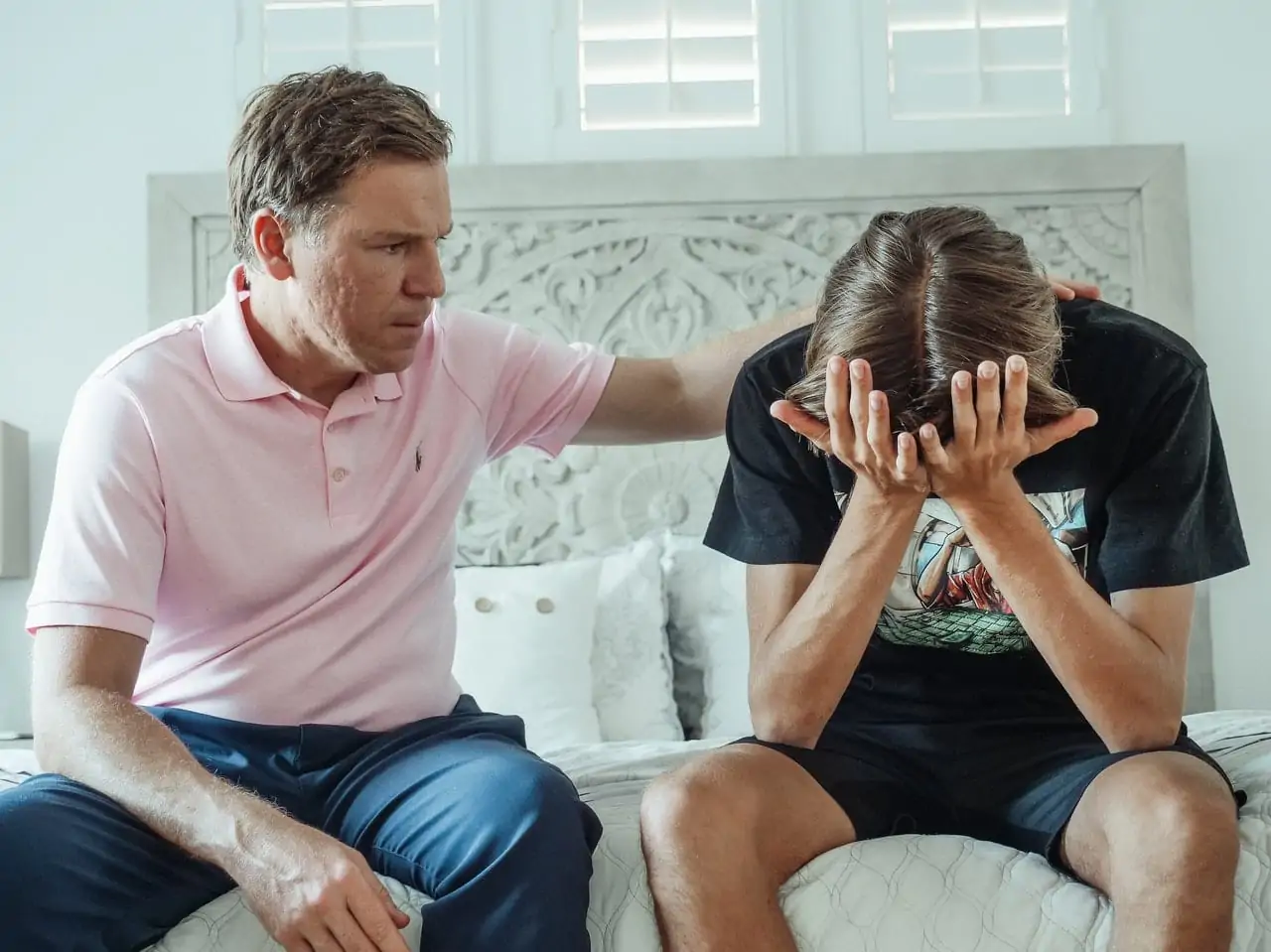
North Carolina’s Opioid Crisis Is Deadlier Than Elsewhere
During the pandemic, there’s been a lot of heartaches. Alongside the COVID-19 epidemic, the opioid epidemic has continued to rage, even as resources closed or dried up. Now the grim numbers have been made available, and there’s a glimpse of the public health emergency. Overdoses increased between April 2020 and April 2021 across the United States. The Centers for Disease Control and Prevention say over 100,000 people in America overdosed and died last year, a 27% increase. In North Carolina, the number of overdose deaths grew by 37%.
Fentanyl Is The Top Problem
Fentanyl is no longer a growing problem but instead a drug that has taken over the streets. Many times, the people who overdose on fentanyl never expected it. They believed they were taking pure Oxycontin, heroin, or even cocaine. Instead, fentanyl was added to an extensive array of street drugs somewhere along the supply chain.
No one is sure why fentanyl has become a common adulterant in drugs. Dealers probably aren’t doing it to kill people, but it’s common for them to add a highly addictive drug to try to make users return for more. Fentanyl, however, is a highly potent drug, and when inexperienced opioid users ingest it, they are likely to overdose.
Harm Reduction, Addiction, and Recovery
For people who love somebody with a substance use disorder, fear of overdose may weigh heavy on your mind.
Harm reduction can help an addicted person stay alive until they can start recovering from their addiction. Keeping naloxone, an opioid overdose reversal drug, on hand for emergencies is one thing specialists recommend. Some cities also host needle exchanges through nonprofits to help people prevent the spread of disease. Finally, there are testing strips available from some nonprofits and online companies that can detect the presence of fentanyl when it has been added to other drugs.
None of these harm reduction techniques is 100% going to save a life, but they can reduce the chance of a fatal overdose.
Harm reduction is a way to save lives, but addiction is still a progressive disease. The best way to stay alive is by getting, and staying, clean.
Medication-Assisted Treatment and Recovery
Medication-Assisted Treatment is considered the “gold standard” of treatment for opioid use disorder. We offer accessible, compassionate treatment for people across the state of North Carolina who are ready to get clean and start reclaiming their lives. Learn more about how we can help you by calling 910-295-7246. All calls are confidential.
If you are in need of help, please call us at: 910-295-7246 or message us.
Categories
News
